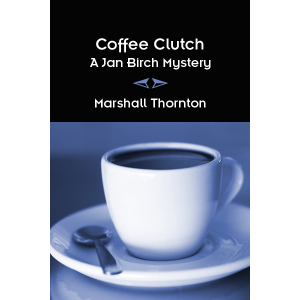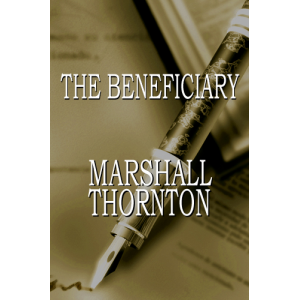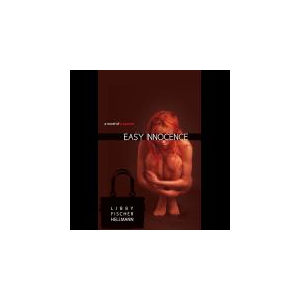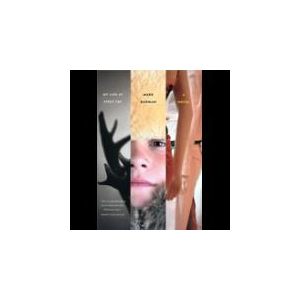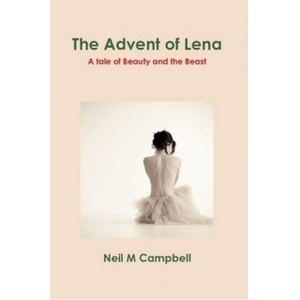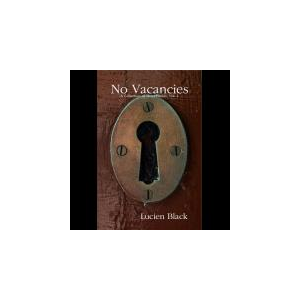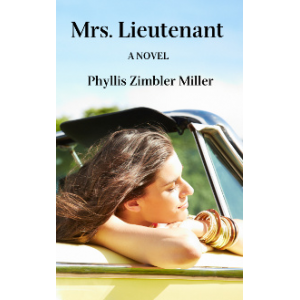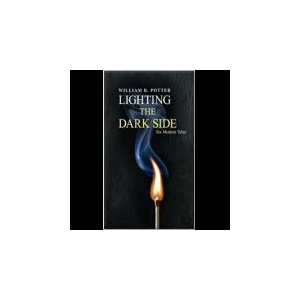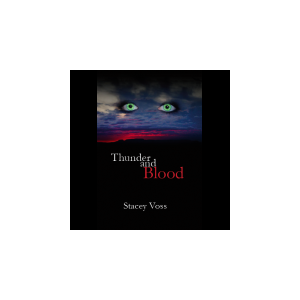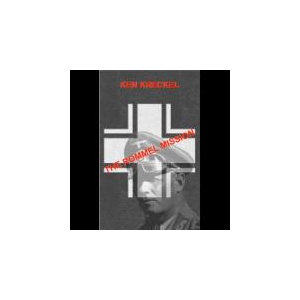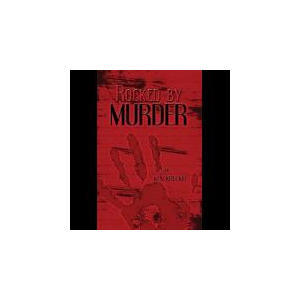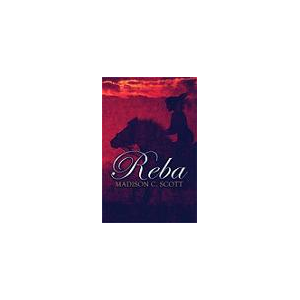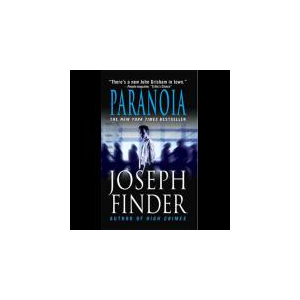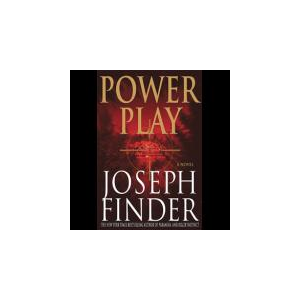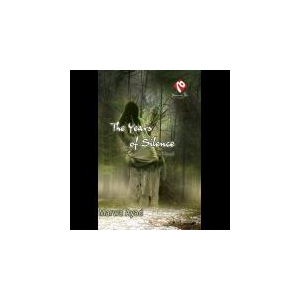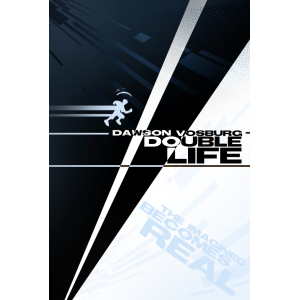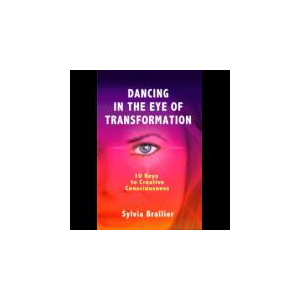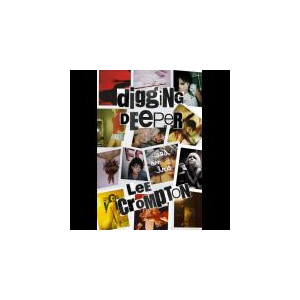On the fringes of a civil war arise a kaleidoscope of stories of abuse, power, betrayal, sex, love, and absolution, all united by the failings of a dying government. Set in the backdrop during the last years of South Africa's apartheid, How the Water Falls is a psychological thriller that unfolds the truth and deception of the system’s victims, perpetrators, and unlikely heroes.
The two main characters, one white, Joanne– a reporter, the other black, Lena– a banned activist, have their lives continuously overlap through the people they know during a thirteen-year period and eventually become friends as a result of their interviews together. Joanne personifies the need to question and investigate apartheid’s corruption from a white person’s perspective. Although her intentions begin with idealism, no matter how naïve, as the years pass while the system is failing, she crosses the threshold of what it means to be caught up inside the belly of the beast, especially after crossing paths with the Borghost brothers. Lena, who is inspired by her predecessors, such as Steve Biko and Nelson Mandela, is among the minority of black women to peacefully battle for equality, even if her struggle is indicative of sacrificing her health and safety. Hans Borghost is Johannesburg’s commissioner of police who, like all those before, had a military background before pursuing a law enforcement career. Violent, manipulative, and controlling, he incarnates the image of South Africa’s perpetrators. Jared Borghost is the younger brother of Hans and, like his brother, has a military background, but unlike Hans, he internally combats between his sense of duty and morality. His inconsistency indicates a conscience that leaves one to ponder whether Jared is either a perpetrator, victim, or both. As his surname suggests, Bor-GHOST represents the “ghosts” that haunt the family’s past. Many other characters play the roles of spies, freedom fighters, lovers, adversaries, and supporters.
This novel is as complex as apartheid was itself, unlacing fabrics of each character’s life to merge into a catalyst downfall. The question of who will survive this downfall will suffice in the courts of truth and reconciliation and whether love is strong enough to preserve peace.
The Story Behind This Book
I love stories that deal with struggle for freedom, searching for identity and purpose, and have some sort of message that forces you to contemplate. John Steinbeck best made the claim: “The writer is delegated to declare and to celebrate man’s proven capacity for greatness of heart and spirit—for gallantry in defeat, for courage, compassion and love. In the endless war against weakness and despair, these are the bright rally flags of hope and of emulation. I hold that a writer who does not believe in the perfectibility of man has no dedication nor any membership in literature.” And within the same context, he also wrote, “I have come to believe that a great teacher is a great artist and that there are as few as there are any other great artists. Teaching might even be the greatest of the arts since the medium is the human mind and spirit.” If a person is to become socially conscious as a means to understand the world around oneself, then exploring the past is a good way to start. For me, it began with the movie, Cry Freedom, which was based on the friendship between Donald Woods and Steve Bike. The inhumanity shown in the movie left me horrified and emotionally displaced. I was only fourteen. Then, years later, I came across a documentary, the name I don’t remember because I missed the beginning, about a white South African couple who had nothing in common. The wife was a liberal reporter, and the husband was a former army personal and police officer who had been fired as a scapegoat for apartheid’s problems. They struggled with understanding each other’s past. The other inspirations came from the book Kaffir Boy and A Human Being Died That Night: A South African Woman Confronts the Legacy of Apartheid. In dealing with how to come to terms with violence and poverty, these two books opened up a world history books don’t touch. I’ve learned that apartheid was entirely more convoluted than I could wrap my head around. It was insane. And while trying to reinterpret it as I wrote in fiction form was the greatest puzzle I had yet put together. Because the system was so corrupted, it wasn’t as difficult to establish a plot. Each character had a purpose to fulfill and fitted naturally according to the development of the story. Although I have it marketed as a thriller, sub genre of psychological, historical, and political, despite of its backdrop, the story is about people and how they relate to one another. It’s an intense journey that does have moments of humor and tenderness. This book will leave a haunting impression, and yet, still inspires you with a sense of hope. For those who never really understood what had happened during that period will at least have an inclination of why the system was so evil, and how it affected everyone, both black and white. If change is going to be resurrected, there needs to be an ambition of hope.

